
The German market for Plug & Play Solar Kits
Plug & play solar kits are all the rage in the German residential solar market, where they have been around for several years. The market is the most advanced and dynamic in Europe. At Robinsun we studied the German market for plug & play solar kits recently, and published a paper on it (in Spanish). The idea is to help stakeholders in Spain and other markets understand what is going on in Germany, to accelerate the adoption of plug & play solar kits, simplify the regulations affecting it and show how this technology can have a very short term, tangible impact in the fight against climate change and high energy prices.
Origins
Plug & play solar kits, called “Balkonkraftwerke” (balcony power stations) or “Steckersolar-Geräte” (plug-in solar devices) in German, were born as DIY installations for households living in apartments, that do not have a roof or other big surface available for a conventional residential PV installation. Like in every country, also in Germany communal PV installations on the roofs of apartment buildings are not a practical solution due to the huge legal and administrative hurdles they face. With the recent advent of micro inverters, it became possible to convert individual solar panels’s DC power into the AC power used in homes. Initially a fringe phenomenon for DIY freaks, the spike in power prices that started in late 2021 and exploded with Russia’s invasion of Ukraine in 2022 has catapulted the market into hypergrowth.
With a maximum power of 600 W (raised as of 01.01.2024 to 800 W like in other EU countries), the power produced by these plug & play solar kits is under the “Bagatellgrenze”, the limit under which the power is too low to represent an electrical hazard, and therefore exempt from regulations requiring a professional installation. This makes these kits “plug & play” or self-installable by the customer, and allows them to be plugged into a simple home power plug for the immediate consumption of the energy generated. The self-installability has a major advantage: it avoids the intervention of professional solar installers that are in short supply everywhere in Europe. This makes installations not just fast (you can install a plug & play solar kit yourself at home in minutes), uncomplicated (no licensing for construction work), but also very cheap (installers charge a big chunk of the cost of a PV installation for their work).
Hypergrowth & evolution
The Berlin-based university HTW studied plug & play solar kits and in 2022 published 2 studies that describe the market for these kits in Germany, and how they are used. Robinsun spoke to the author of the study, and cross checked his findings with several other expert sources in the market. By law, plug & play solar kits must be registered with the German power network operator in the MaStR (Marktstammdatenregister). HTW found that 50-80% of kits are not registered. Extrapolating this data, there are up to 1.500.000 Plug & Play Solar Kits installed in Germany as of August 2023. Their installed capacity is of an estimated 520 MW, or half a Spanish nuclear power plant. The HTW researchers confirm that over half the kits were installed after they published their study. This means the market is in hypergrowth right now.
The German government, sensing the potential of plug & play solar kits within their efforts to decarbonize residential energy, has pushed for legislative and normative changes to further facilitate the adoption of plug & play solar kits. Public subsidies have been made available. And VAT on plug & play solar kits is 0% now.
Conclusions
As Europe’s biggest PV market, Germany plays a leading role in the development of residential PV technology. Other countries are following the lead. On an EU level, the 800 W “Bagatellgrenze” is now a standard that is also applied in many other countries (incl. Spain, France, Italy). There is an initiative at EU level to create an EU-wide standard for plug & play solar kits. Robinsun has been working as a member of UNEF to push for several changes in Spanish legislation that should speed up adoption of plug & play solar kits. Among them are the possibility to legalize plug & play solar kits without a certificate by an official installer, the obligation of power companies to compensate all prosumers at a fair price for the little excess energy their kits use, and a simplified access to subsidies.

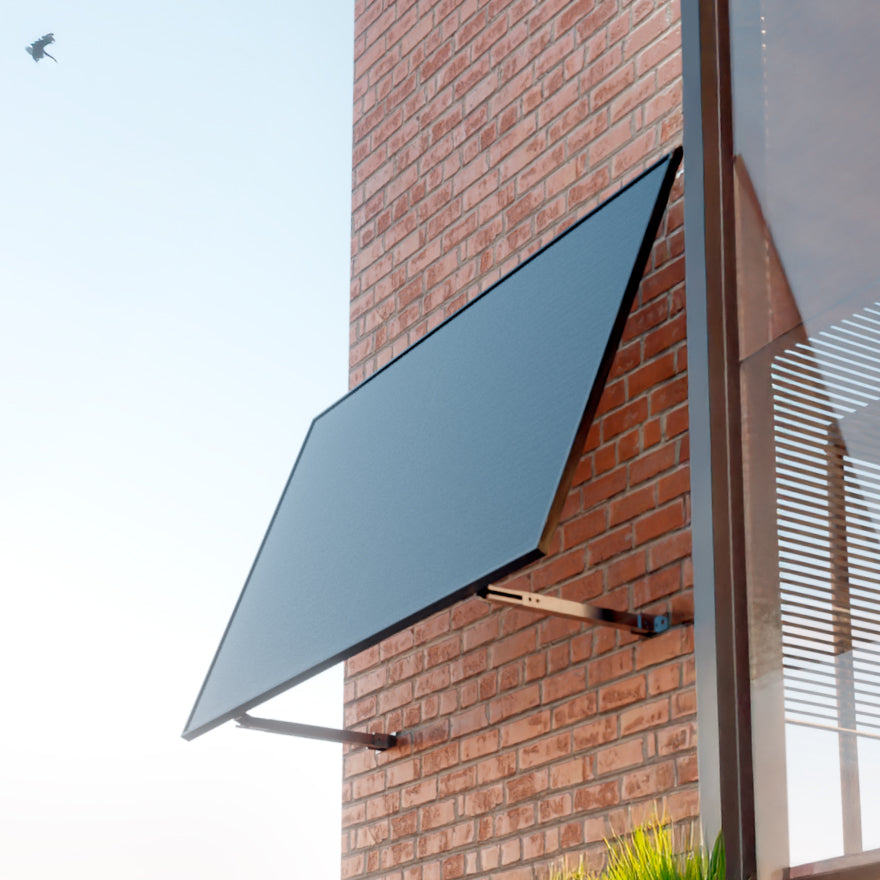
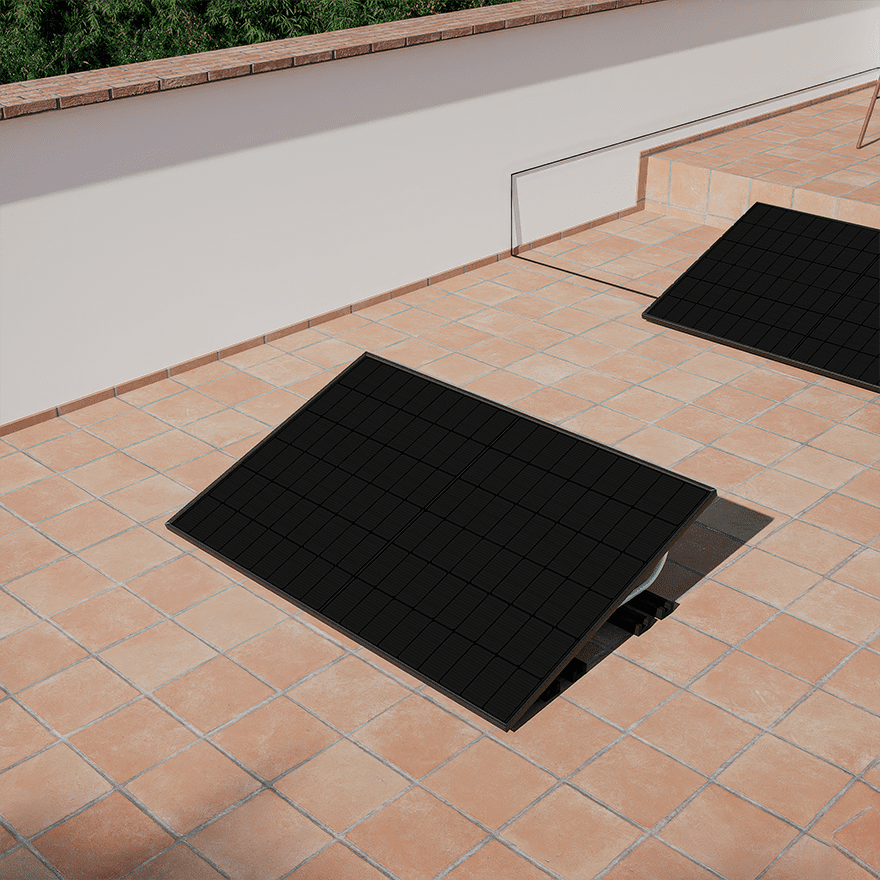
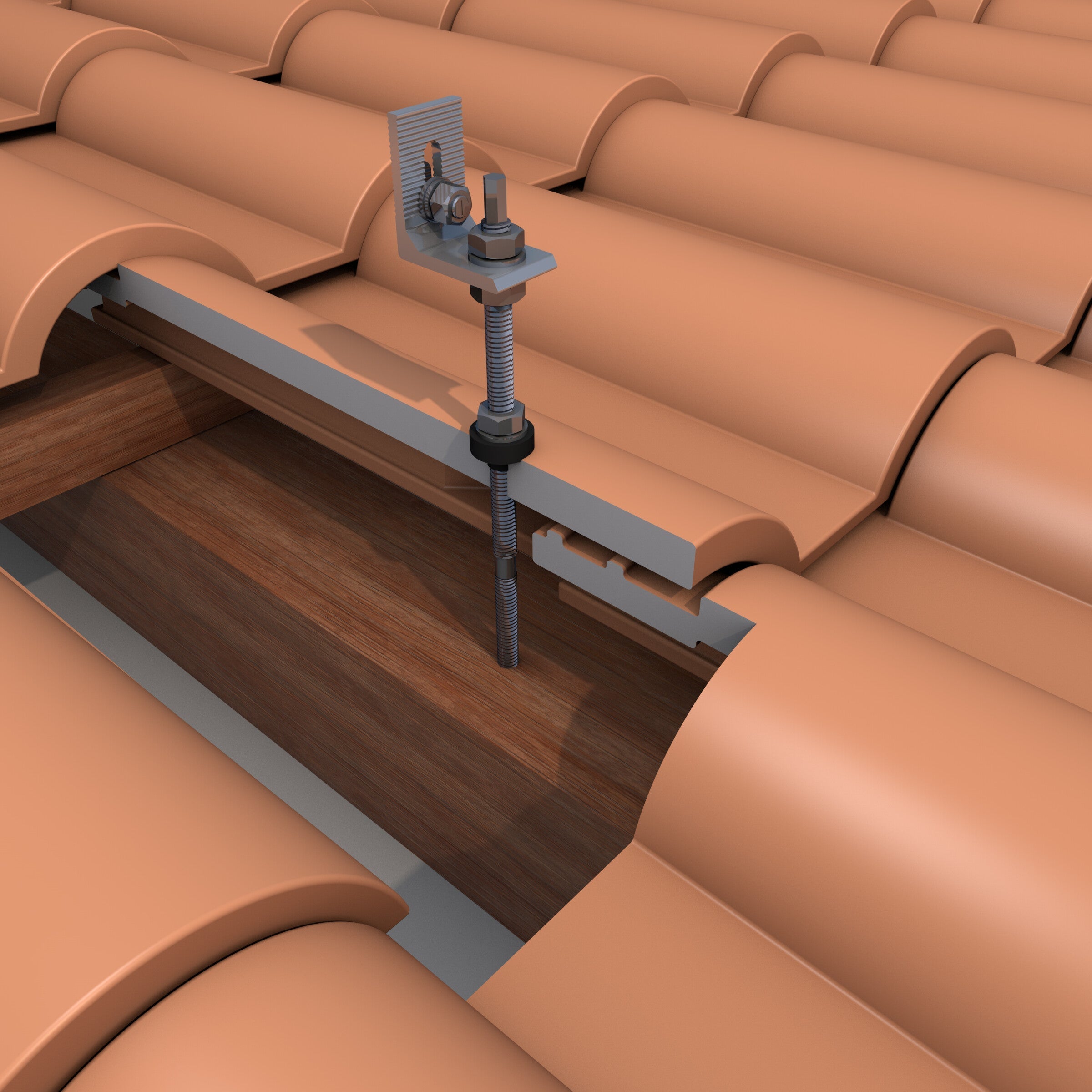
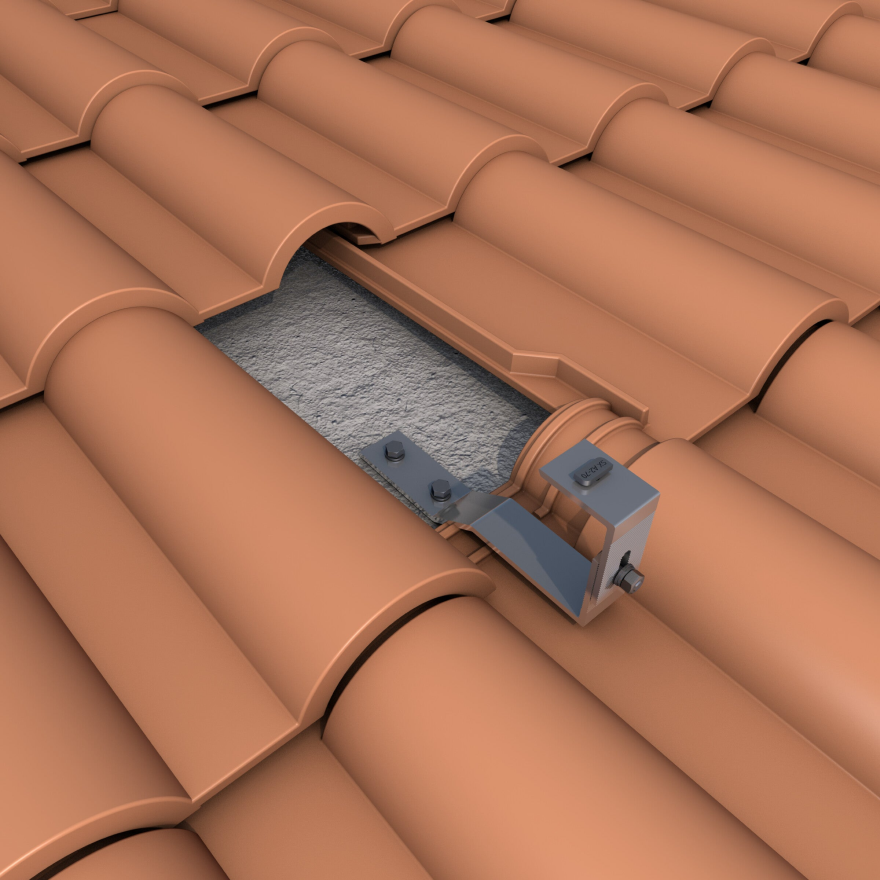
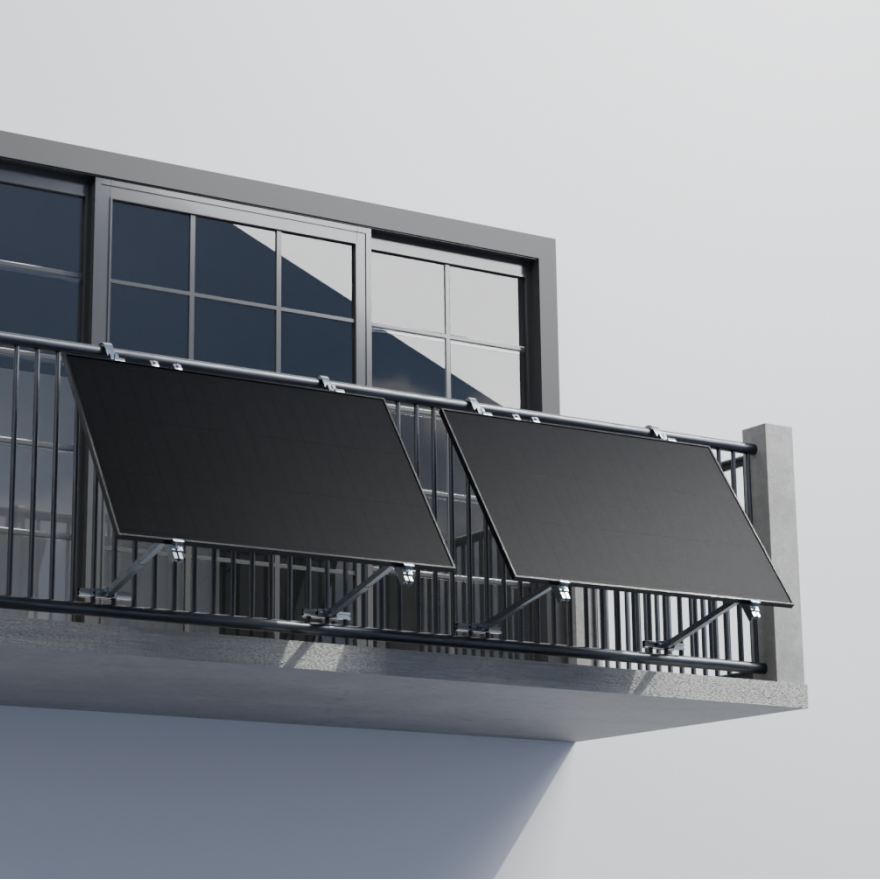
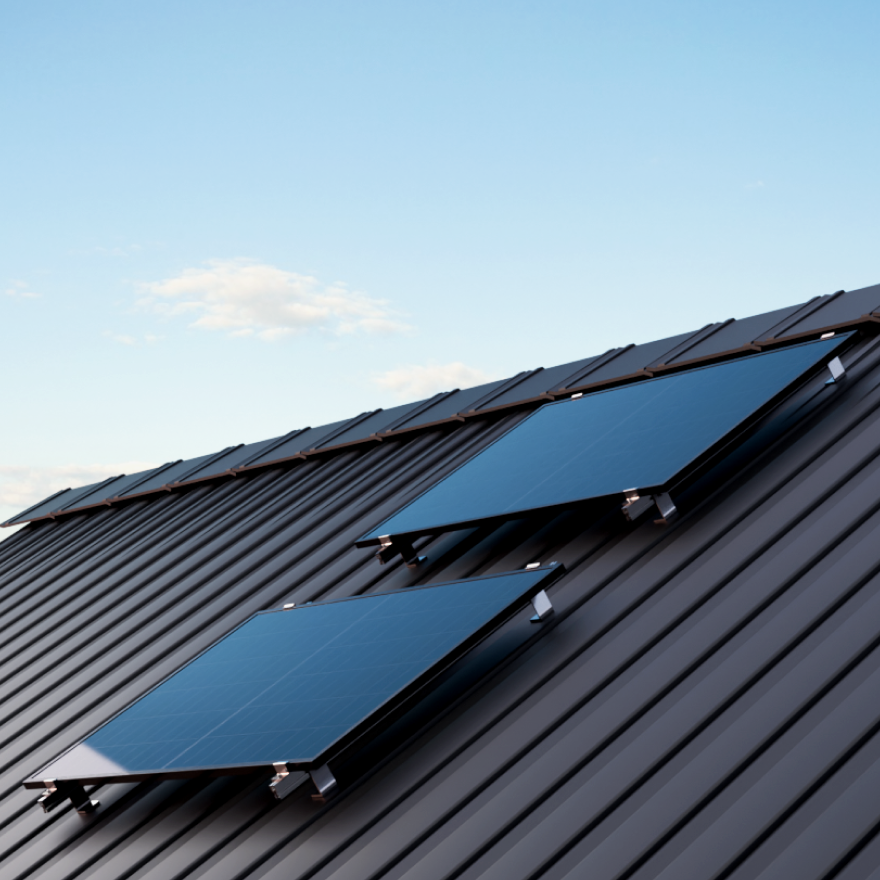
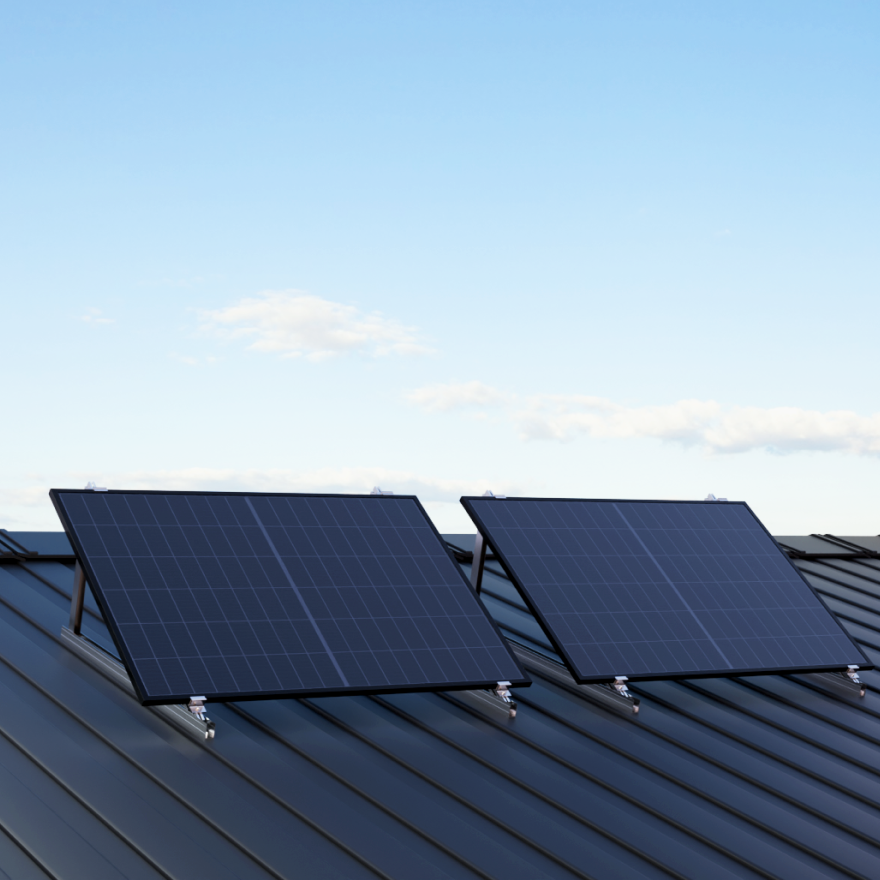
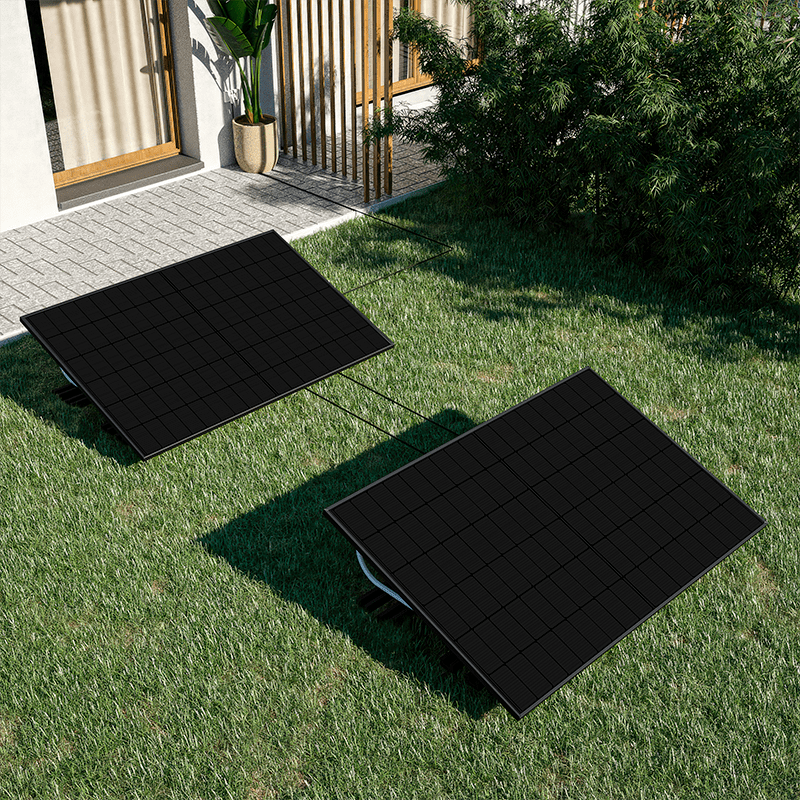
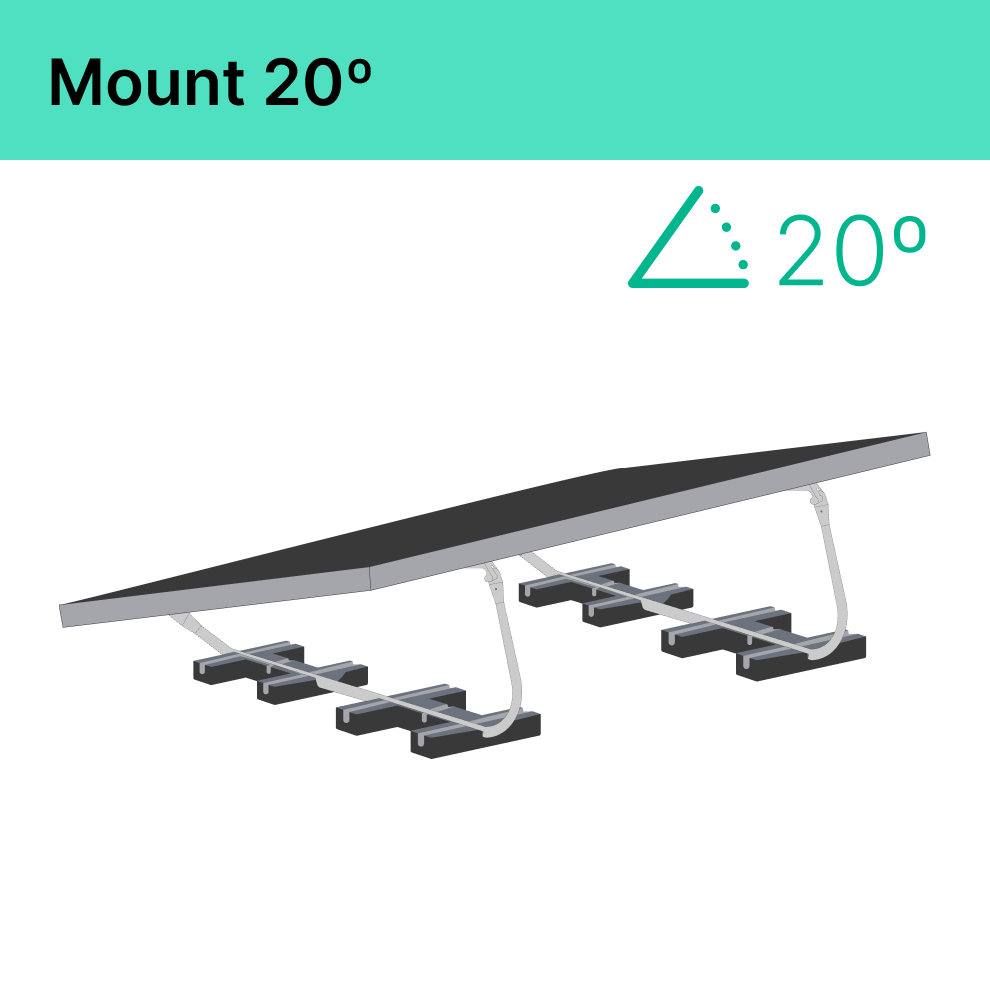
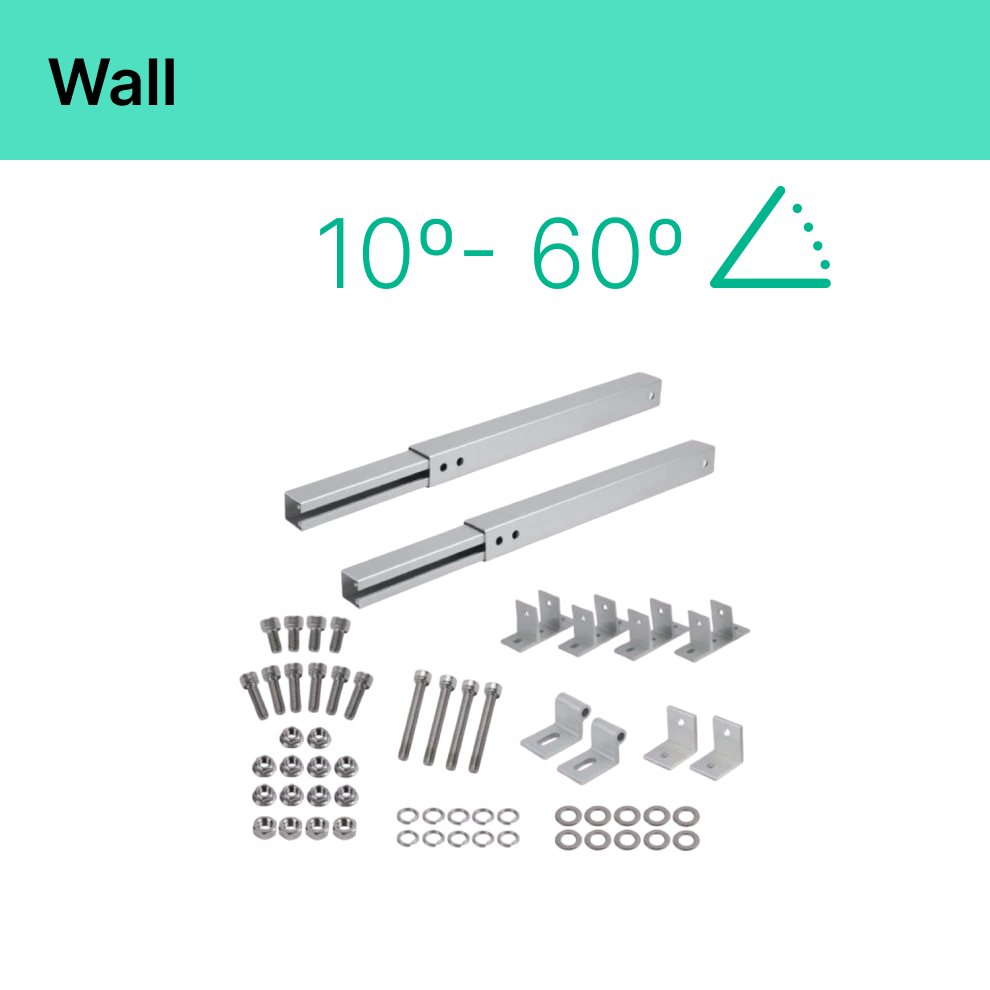
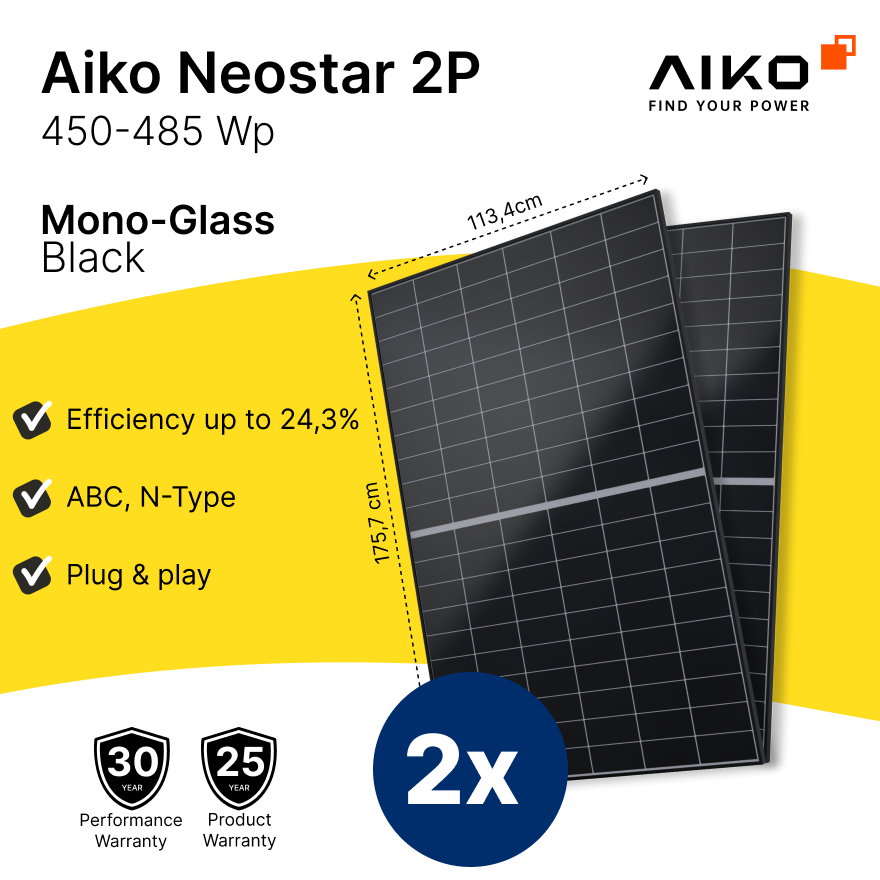
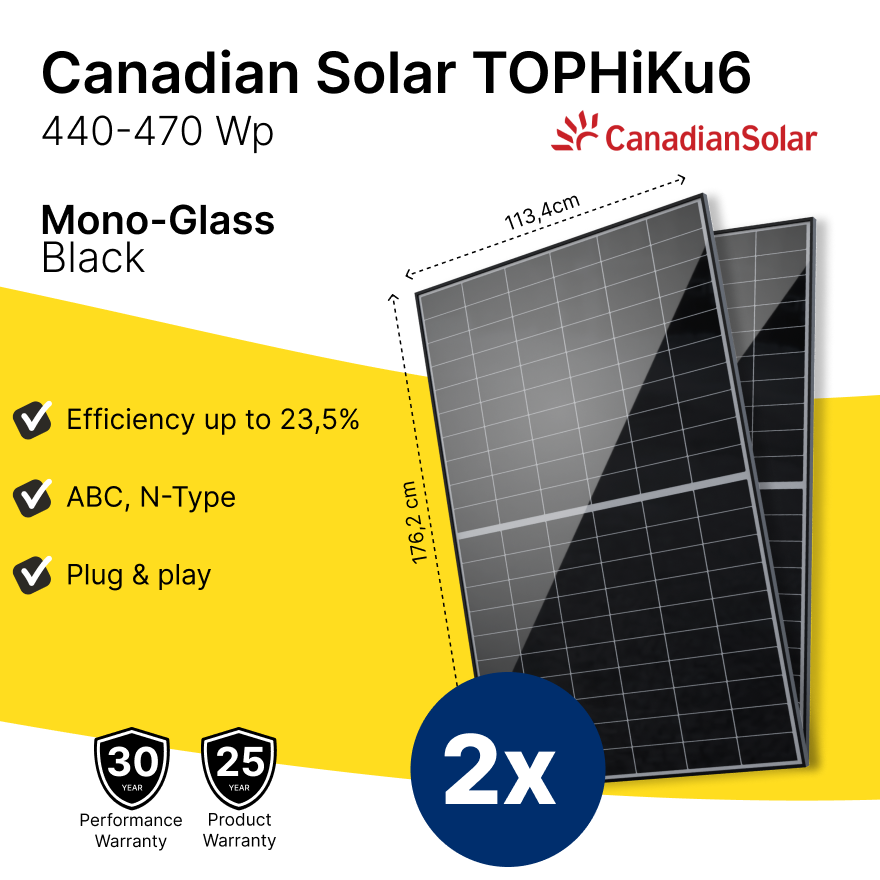
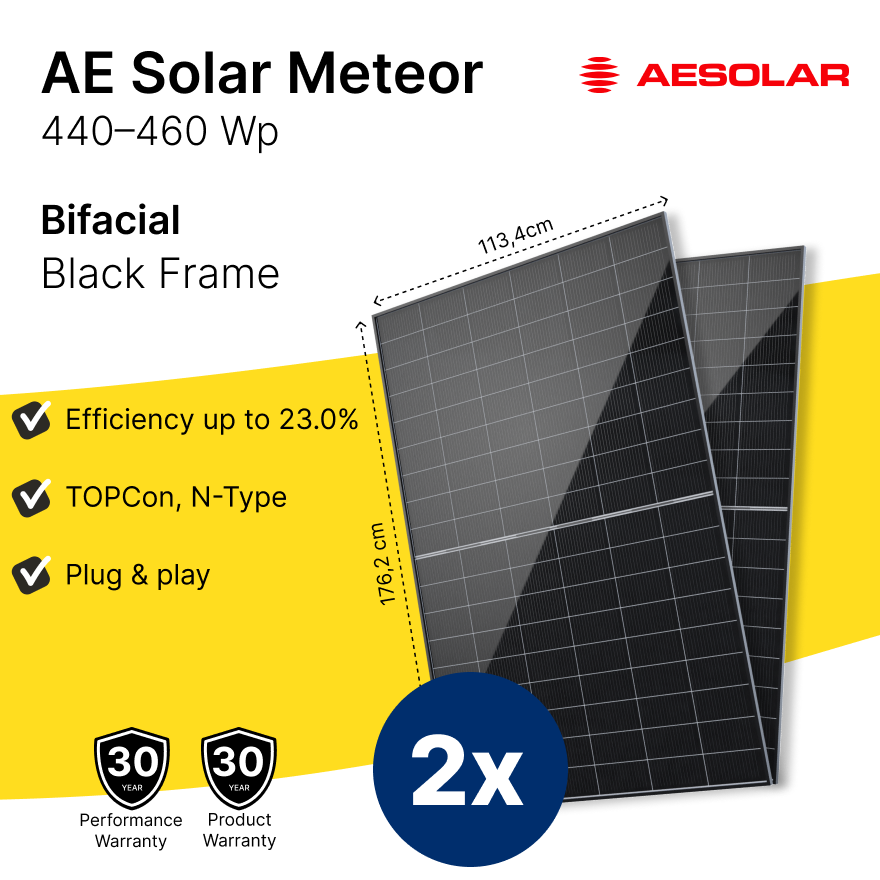
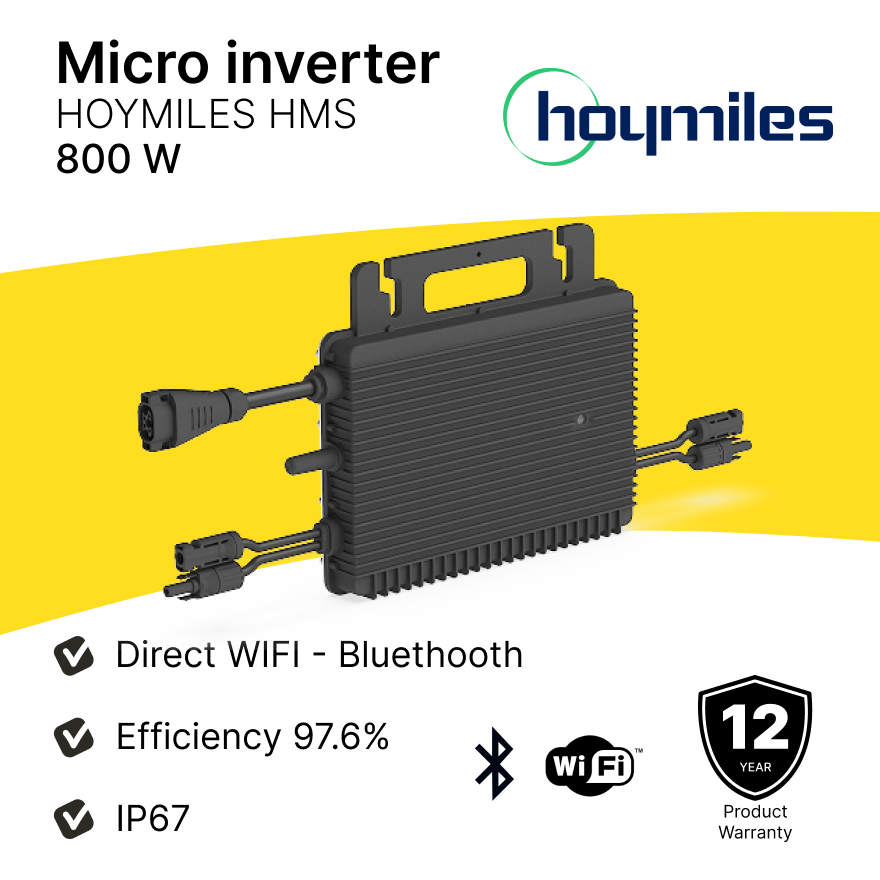
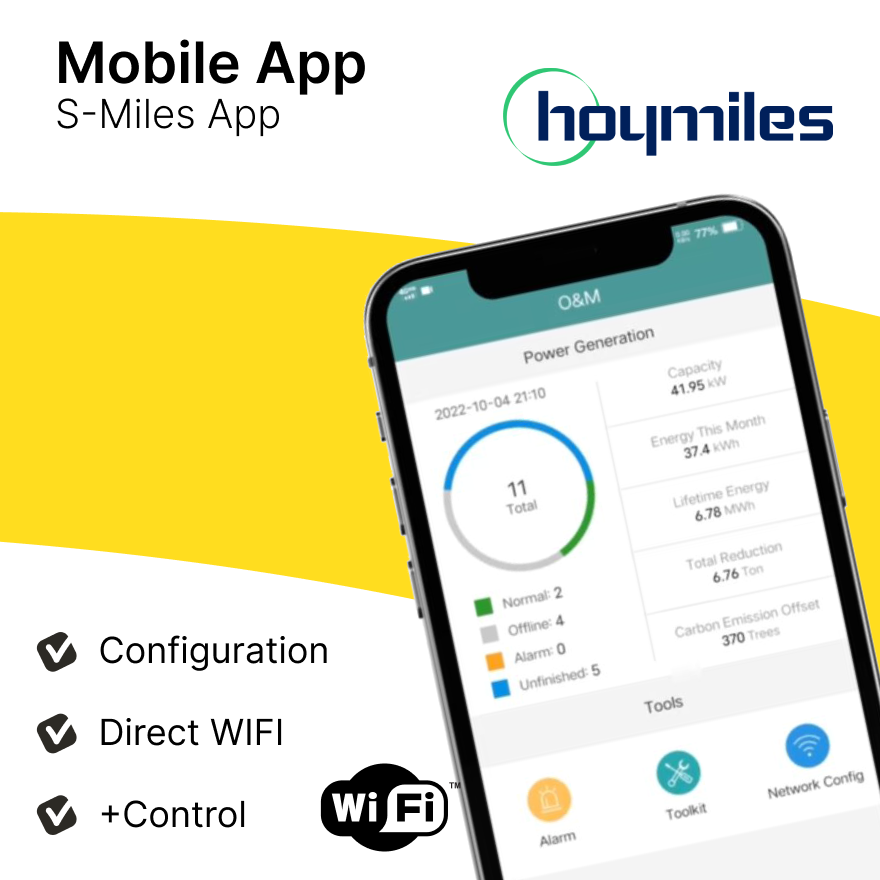


Laisser un commentaire
Ce site est protégé par hCaptcha, et la Politique de confidentialité et les Conditions de service de hCaptcha s’appliquent.